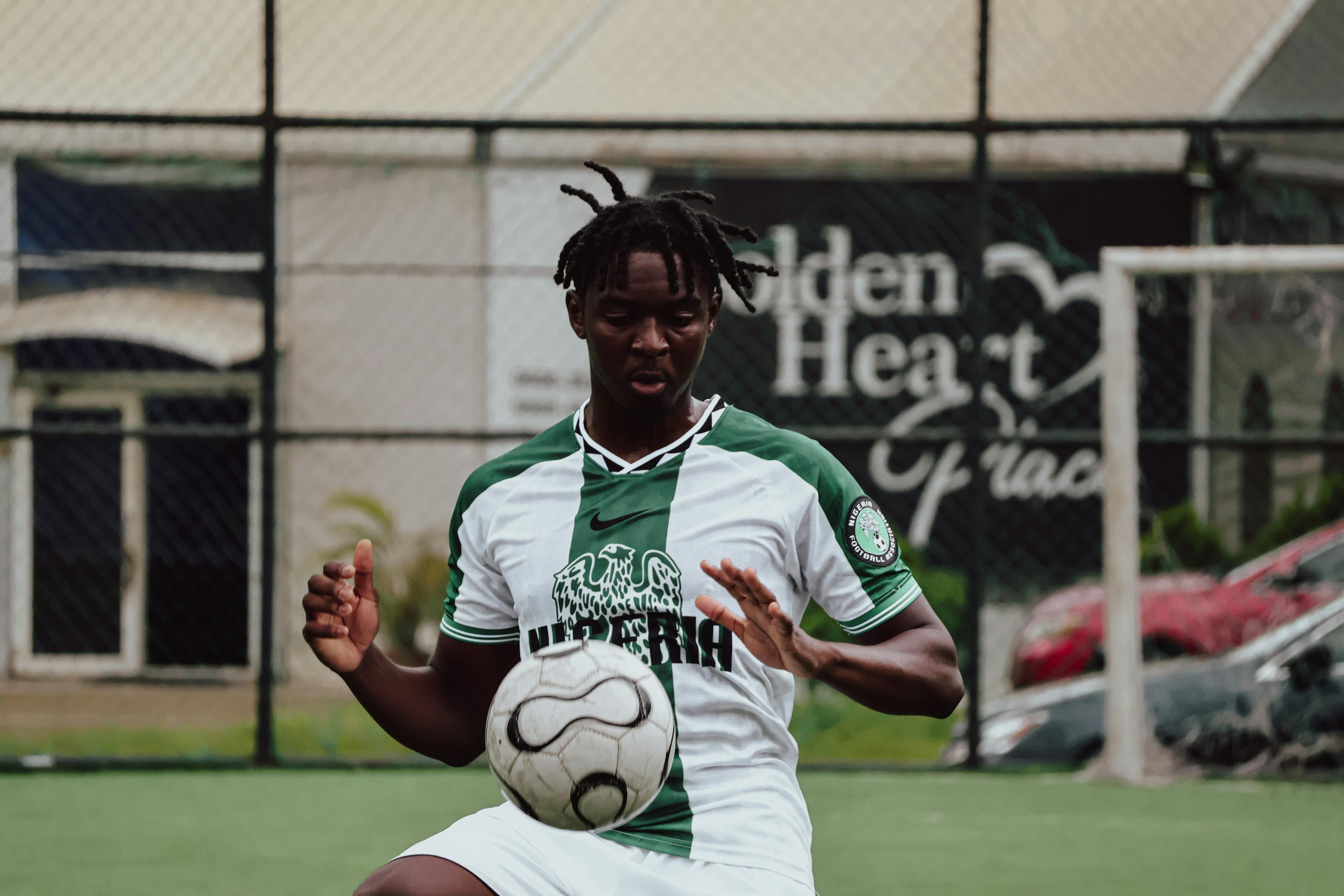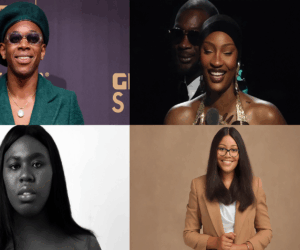
There’s something about a match day in Nigeria that’s hard to put into words, neighbours gathered around radios, cheers erupting from living rooms.
It’s not just a pastime; it’s a shared pulse that runs through cities and villages alike. Whether it’s the roar for the Super Eagles, the pride in a sprinter crossing the finish line, or the energy of local football derbies, sport shapes far more than what happens on the field. It seeps into language, music, fashion, and ambition.
It brings strangers together, drives young people to dream big, and offers a sense of belonging that transcends tribe or region. To understand the Nigerian lifestyle fully, you can’t overlook how deeply sports are woven into everyday rhythms and personal identity.
Building Community Through Shared Passion
In Nigerian neighborhoods, a patch of grass or bare ground can transform into a stage where dreams take shape and friendships are forged. Sports, especially football, are a heartbeat that many communities sync to.
You’ll often find that a single match can bring a whole street to life. Shops close early, plastic chairs crowd around dusty televisions, and strangers sit shoulder to shoulder, all eyes glued to the screen. There’s laughter, shouting, silent prayers, and high-fives between people who might otherwise never speak. These moments matter. They build trust. They break down walls.
How Supporters Shape the Game Beyond the Field
In Nigeria, being a sports fan is a lifestyle with its own rhythm, vocabulary, and rituals. From Lagos to Kano, matchdays feel like holidays.
One standout example of how deep this culture runs is the custom of composing team songs, especially when local heroes rise to global fame. Victor Osimhen’s goals have inspired music, graffiti art, and even street dances in his honor. It’s a creative response that goes beyond fandom – it’s homage, pride, and identity wrapped into one.
And amid all this energy, another layer has woven itself into the fabric of fan engagement: predicting outcomes. Sports betting has gained traction as a natural extension of passionate support. Observing how sports betting in Australia thrives, particularly before big cricket events, and also following the UK’s football betting culture, Nigeria has crafted its own version. Here, fans predict game outcomes by using both stats and their instinct.
Mobile apps have made this even more accessible. With a few taps, someone in Abeokuta can place a wager, then watch the match unfold with heightened suspense.
But fandom doesn’t live on betting slips alone. Creative outlets keep evolving; some fans now express loyalty through TikTok-style video edits of their favorite goals, while others use humor and satire, posting viral memes that riff off match results or rival teams.
Sports and Personal Growth
Across Nigeria, sports have quietly become a proving ground for character. On clay courts, backstreets, and makeshift fields, young people find themselves tested in ways that shape far more than their athletic form.
Role models like Tobi Amusan, who shattered global records with grace and grit, stand as living proof that commitment counts. Her story isn’t just celebrated for the trophies; it’s remembered because it shows that a small beginning doesn’t mean a small future.
This kind of energy doesn’t stay on the track. It filters into classrooms and workplaces, often quietly. A student who once doubted herself might suddenly find a rhythm after watching her favorite athlete overcome the odds. A mechanic might approach his craft with more patience, drawn from the same mindset of steady improvement.
And behind these stories, coaches and grassroots mentors often work without fanfare. They’re the ones setting standards, guiding the next generation through setbacks, and keeping belief alive when the spotlight hasn’t arrived yet.
When the Whistle Blows, the Nation Breathes as One
Few things unify Nigeria quite like the roar of a national match. When the Super Eagles take the field, time feels suspended. Streets empty, homes swell with noise, and strangers turn into teammates.
Moments like the 1996 Olympic gold medal in football carved themselves into the national memory. They offered something bigger than joy: pride, identity, and a sense of belonging that wasn’t tied to tribe or language.








